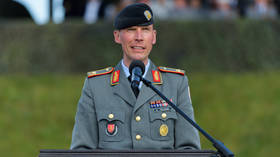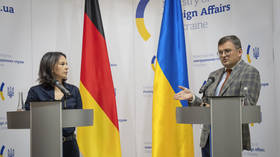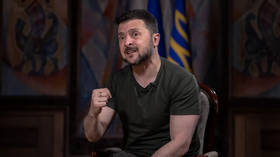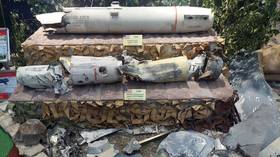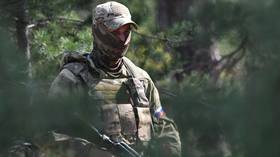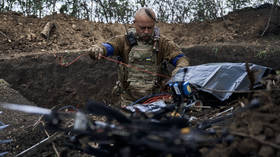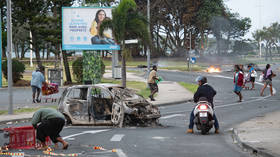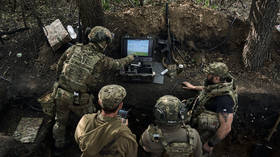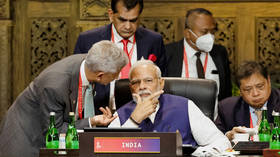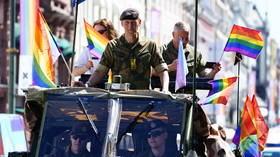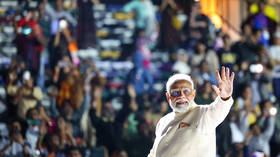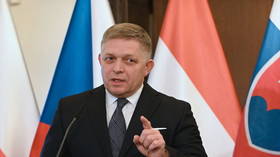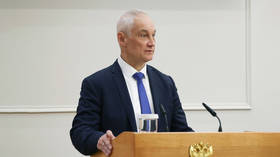German leader compares Ukraine conflict to Yugoslavia

Germany’s involvement with Ukraine is a “turning point” comparable to Berlin’s intervention in the former Yugoslavia in the 1990s, Chancellor Olaf Scholz has said.
Bombing Yugoslavia was the first time Germany decided to use its own military since the Second World War, Scholz told a podcast for WDR Cosmo radio, which aired on Wednesday evening. He also noted that the decision to get involved was “practically the first” he had to vote on as a freshly elected member of the Bundestag.
In the interview Scholz described the German involvement in Yugoslavia as “a military operation to stop the killings.”
NATO launched what it called Operation Allied Force in March 1999, with the aim of forcing the Federal Republic of Yugoslavia to cede the Serbian province of Kosovo to ethnic Albanian separatists. During the attacks the German Luftwaffe took part in the bombing of Serbian cities.
The Ukraine conflict similarly triggered “a profound transformation” of German national psychology, Scholz’s ambassador to Washington wrote in December 2022, dubbing it the “most significant turning point” since the 1990 reunification.
Berlin was initially reluctant to follow the US lead in sending weapons to Ukraine, but quickly changed course under pressure from allies, and even a torrent of abuse from Kiev’s ambassador Andrey Melnik, who once infamously dubbed Scholz an “offended liverwurst.”
Earlier this week, Ukrainian Foreign Minister Dmitry Kuleba taunted his German counterpart Annalena Baerbock that despite consternation in Berlin over sending missiles to Kiev since “you will do it anyway. It’s just a matter of time.”
The NATO bombings of Yugoslavia ended after 78 days, when the US-led military bloc dropped most of its demands and agreed that its “peacekeeping” mission in Kosovo would remain under UN auspices, while guaranteeing Serbia’s sovereignty over the province. Those provisions remained only on paper, however, as NATO quickly supported an ethnic Albanian provisional government and backed its 2008 declaration of independence.
German peacekeepers infamously stood aside during the ethnic Albanian pogrom of Serbs in March 2003, leading some German media to dub them the “rabbits of Kosovo.”
While Serbian President Aleksandar Vucic has repeatedly said he considers Germany an important economic partner, he also reminded NATO at the commemoration ceremony in March that the Serbs will never forgive 1999.
Belgrade has refused to recognize Kosovo to this day, despite strong pressure coming from the EU and the US. Russia, China and India have supported Serbia’s insistence on international law, while the West has argued that Kosovo is a “special case” to which normal rules do not apply.
